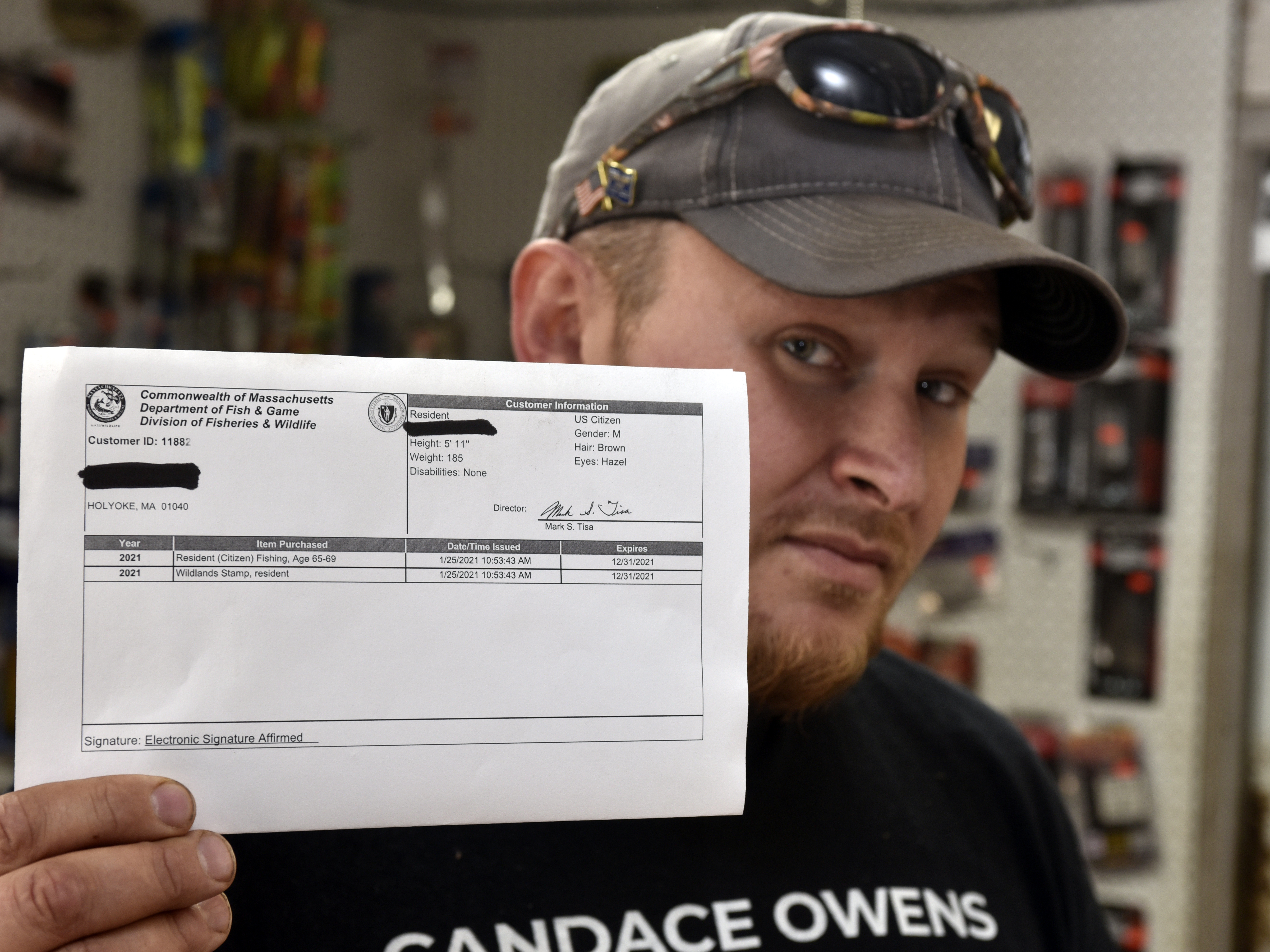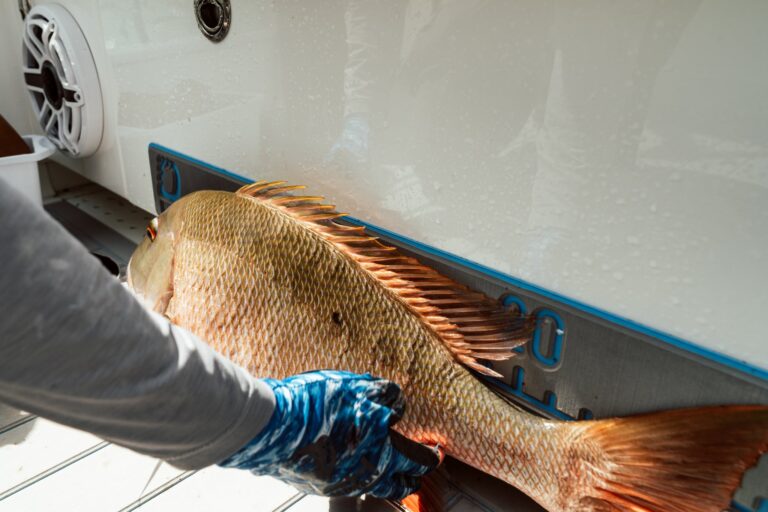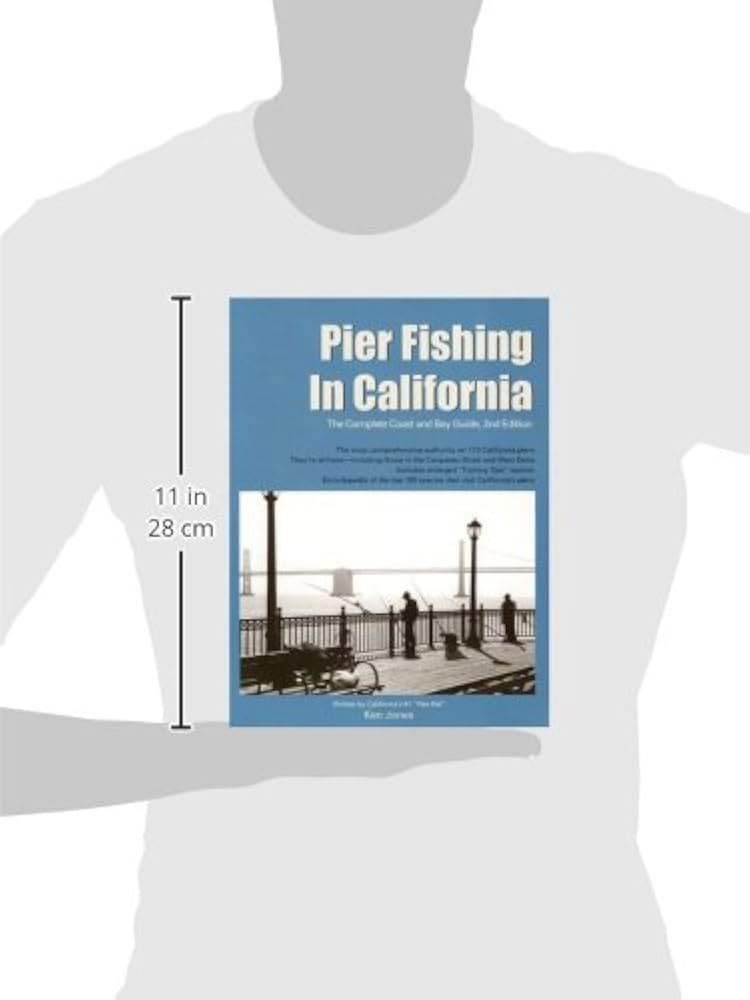Get a Massachusetts Fishing License Today: Easy Steps & Tips
Fishing in Massachusetts offers a wonderful outdoor experience. To enjoy it, you need a fishing license.
Massachusetts is known for its beautiful lakes, rivers, and coastal waters. Whether you are a resident or a visitor, getting a fishing license is essential. It ensures that you are fishing legally and helps with conservation efforts. This process might seem complicated at first, but it is quite straightforward.
This guide will walk you through everything you need to know about obtaining a Massachusetts fishing license. From the types of licenses available to the steps required to get one, we have got you covered. Let’s dive in and help you get ready for your next fishing adventure!

Credit: www.masslive.com
Importance Of A Fishing License
The importance of a fishing license in Massachusetts cannot be overstated. It ensures that fishing activities are regulated and sustainable. This helps protect aquatic life and preserves natural resources for future generations. A fishing license also contributes to conservation efforts and supports local economies.
Legal Requirements
Fishing without a license in Massachusetts is illegal. The state mandates that all anglers obtain a fishing license before casting a line. This requirement applies to both residents and non-residents. Licenses are available for different durations, from one day to a full year. Having a license helps avoid legal penalties and fines.
Benefits For Conservation
Funds from fishing licenses support conservation projects. These projects include habitat restoration and fish stocking programs. The money also helps maintain public access to waterways. By purchasing a license, you contribute to preserving the environment. This ensures that future generations can enjoy fishing too.

Credit: www.masslive.com
Types Of Fishing Licenses
Fishing in Massachusetts is a favorite activity for many. To ensure compliance with state regulations, you need a fishing license. Understanding the different types of fishing licenses available can help you choose the right one.
Resident Vs. Non-resident
Massachusetts offers fishing licenses for residents and non-residents. Residents typically pay lower fees. This is because they contribute through state taxes. Non-residents may find the fees slightly higher. This is to ensure fair access for everyone. Before you buy, confirm your residency status. It makes a difference in cost.
Freshwater Vs. Saltwater
There are distinct licenses for freshwater and saltwater fishing. Freshwater licenses cover rivers, lakes, and ponds. If you prefer catching trout or bass, this is your license. Saltwater licenses are for ocean fishing. They cover areas like the Atlantic coast. Species such as cod or haddock fall under this license. Know where you plan to fish. Then choose the appropriate license.
Eligibility Criteria
Getting a Massachusetts fishing license is simple if you meet the eligibility criteria. This section explains the key requirements you need to fulfill. Understanding these will help you get your license without any hassle.
Age Requirements
Age plays a crucial role in eligibility. Here are the age requirements:
- Children under 15 do not need a license.
- Individuals aged 15-17 need a youth fishing license.
- Adults aged 18 and above must have a regular fishing license.
- Seniors aged 70 and above may qualify for a free license.
Residency Proof
Proof of residency is essential for a Massachusetts fishing license. You need to show that you live in Massachusetts. Here are the accepted documents:
| Document Type | Details |
|---|---|
| Driver’s License | Must be a valid Massachusetts driver’s license. |
| State ID | Issued by the Massachusetts RMV. |
| Utility Bill | Recent bill with your name and address. |
| Lease Agreement | Signed lease with your name and address. |
If you are not a resident, you can still apply for a non-resident license. Just select the non-resident option during the application process.

Credit: www.facebook.com
How To Apply Online
Getting a fishing license in Massachusetts is easy. The state offers a simple online process. This guide will help you navigate through it. Let’s dive in!
Creating An Account
First, you need an account. Visit the Massachusetts Division of Fisheries and Wildlife website. Look for the “Create Account” button. Click it to start. Fill in your details. You will need a valid email address. Create a strong password. Follow the prompts to complete your profile.
After filling in your details, check your email. Look for a confirmation message. Click the link in the email to verify your account. Now you can log in and start your application.
Step-by-step Guide
Once logged in, find the “Purchase a License” section. Click on it. Select “Fishing License” from the options. Choose the type of license you need. There are different options based on age and residency.
Next, fill in your personal information. Make sure all details are correct. This includes your name, address, and date of birth. Double-check everything before moving on.
Now, you will see the payment section. Enter your payment information. Massachusetts accepts major credit and debit cards. Review your order before submitting.
After payment, you will receive a confirmation email. This email contains your digital fishing license. Print it out or save it on your phone. You are now ready to fish in Massachusetts!
In-person Application Process
Getting a fishing license in Massachusetts is simple. You can apply in person at various locations. This method is great for those who prefer face-to-face interactions. It also allows you to ask any questions you may have.
Authorized Locations
You can visit many places to apply for your fishing license. These include local bait and tackle shops. Sporting goods stores also offer this service. Some town halls and city offices provide fishing licenses too. Check the Massachusetts Department of Fish and Game website for a full list.
Documents Needed
Bring the right documents to avoid delays. You will need a valid ID. This can be a driver’s license or a state-issued ID. Non-residents might need additional proof of identity. Also, bring proof of residency if you are applying for a resident license. This can be a utility bill or lease agreement.
Cost Of A Fishing License
Getting a Massachusetts fishing license is essential for anyone wanting to fish in the state’s waters. Knowing the cost of a fishing license helps you plan your fishing trips better. Let’s dive into the details.
Fee Structure
The cost of a fishing license in Massachusetts varies. It depends on factors such as age, residency status, and the type of fishing you plan to do.
| License Type | Resident Fee | Non-Resident Fee |
|---|---|---|
| Annual Freshwater | $27.50 | $37.50 |
| Annual Saltwater | $10.00 | $10.00 |
| 3-Day Freshwater | $12.50 | $23.50 |
Discounts And Exemptions
Massachusetts offers several discounts and exemptions to make fishing more accessible.
- Seniors: Residents over 70 can get a free freshwater license.
- Military: Active military members stationed in Massachusetts can get a license at resident rates.
- Disability: Disabled individuals may qualify for reduced or free licenses.
Check the Massachusetts Division of Marine Fisheries website for more details on discounts and exemptions.
Renewing Your License
Renewing your Massachusetts fishing license ensures you stay compliant with state regulations. It also helps in contributing to wildlife conservation efforts. Knowing when and how to renew your license is crucial for uninterrupted fishing adventures.
When To Renew
Most Massachusetts fishing licenses are valid for one year from the date of purchase. Check the expiration date on your license. Set a reminder to renew your license a few weeks before it expires. This will help you avoid any last-minute hassles.
Renewal Process
Renewing your fishing license in Massachusetts is simple. Visit the Massachusetts Division of Fisheries and Wildlife website. Log into your account using your credentials. Follow the prompts to renew your license. You can also renew in person at authorized agents or by mail. Make sure to provide all required information and payment.
Fishing Regulations And Guidelines
Secure your Massachusetts fishing license to enjoy fishing legally and responsibly. Follow state regulations to preserve marine life and promote sustainable fishing practices.
Before casting your line in Massachusetts waters, it’s crucial to understand the state’s fishing regulations and guidelines. These rules help conserve fish populations and ensure sustainable fishing practices. By following these guidelines, you contribute to preserving the natural habitat and maintaining a balanced ecosystem.Catch Limits
Catch limits refer to the maximum number of fish you can keep. These limits vary by species. For instance, you might be allowed to catch only three striped bass per day. Always check the specific limits for the fish species you’re targeting. This prevents overfishing and helps maintain fish populations.Seasonal Restrictions
Seasonal restrictions indicate when you can legally fish for certain species. Some fish species have specific seasons when they can be caught. For example, there might be a closed season for trout during their spawning period. These restrictions protect fish during critical breeding times. Always check the current fishing season dates before planning your trip. “`Tips For New Anglers
Embarking on your fishing journey in Massachusetts can be thrilling. Whether you’re casting your line for the first time or honing your skills, these tips will help you get started. From selecting the right gear to finding the perfect fishing spot, we’ve got you covered.
Essential Gear
Before hitting the water, ensure you have the right equipment. Here’s a list of essential gear for new anglers:
- Rod and Reel: Choose a rod and reel combo suitable for beginners.
- Fishing Line: Use a monofilament line, which is easy to handle.
- Hooks: Opt for various sizes to match different fish species.
- Bait: Live bait or artificial lures work best.
- Tackle Box: Keep your gear organized with a handy tackle box.
- Fishing License: Don’t forget your Massachusetts fishing license.
Best Fishing Spots
Massachusetts is home to some of the best fishing spots. Here are a few popular locations:
| Location | Type of Fish |
|---|---|
| Quabbin Reservoir | Trout, Bass |
| Charles River | Catfish, Carp |
| Cape Cod Canal | Striped Bass, Bluefish |
| Jamaica Pond | Trout, Perch |
These locations offer diverse fishing opportunities. Each spot provides a unique experience. Ensure you check local regulations for each area.
Frequently Asked Questions
How Do I Get A Massachusetts Fishing License?
To get a Massachusetts fishing license, visit the MassFishHunt website. You can purchase it online or from authorized agents.
How Much Does A Massachusetts Fishing License Cost?
The cost of a Massachusetts fishing license varies. Resident freshwater licenses start at $27. 50. Non-resident fees are higher.
Can I Fish Without A License In Massachusetts?
No, you cannot fish without a license in Massachusetts. Exceptions include specific free fishing days and those under 15.
What Documents Do I Need For A Fishing License?
You need a valid ID and proof of residency. For online applications, you’ll need an email address.
Conclusion
Getting a Massachusetts fishing license is easy and essential. It helps protect local waters and fish. Follow the steps outlined to get started today. Enjoy the beauty of nature and the thrill of fishing. Whether you’re a beginner or an expert, fishing in Massachusetts offers great experiences.
So, grab your license, your gear, and head out for your next adventure. Happy fishing!



